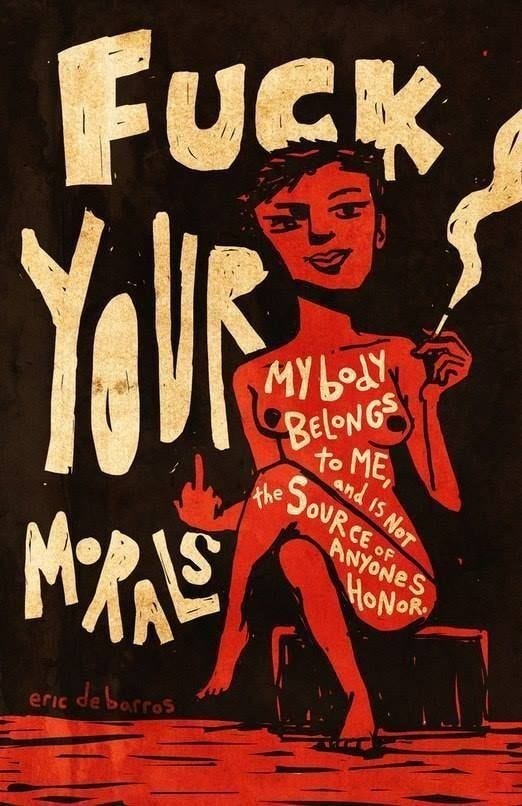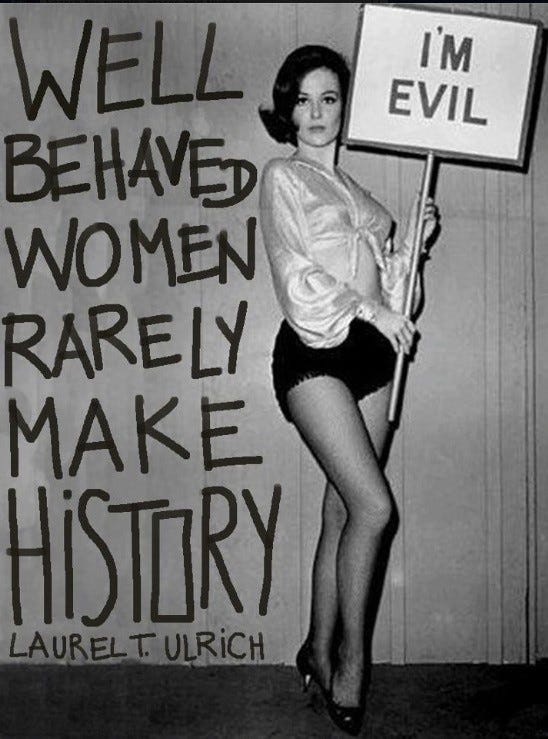The Double Standard and Moral Hypocrisy
I think we can all agree that Nigerians are hypocrites—especially men when it comes to the issue of prostitution, though women can be just as critical.
Men claim to hate “ashewos,” yet they sleep with and patronize them. Women say they could never be prostitutes, but they sleep with their boyfriends for money, engage in transactional sex, and do “escort” work. The difference? Prostitutes do theirs in public, while these “higher powers” do theirs in private, pretending their actions are somehow cleaner or more respectable.
The lack of critical thinking is appalling. Why do we believe we’re better simply because we do these things in private while judging those who do it publicly? The truth is: we’re not.
And it’s ironic. Many girls want sugar daddies yet condemn sex workers. Society, instead of focusing on the economic hardship that leads many women (and people) into sex work, chooses to criticize and condemn. People would rather believe they’re morally superior than confront the reality of economic inequality, trafficking, and exploitation in this industry.
Society's fear and stigma around prostitution.
Sex work is as old as time. Don’t quote me, but it’s clear that, historically, sex work has rarely been socially acceptable. People often condemn prostitution, I think, because it offers people—especially women—a way to reclaim power and use what they have to get what they want.
Society fears sexually liberated women. Women who aren’t afraid to use their sexuality—something society deems “dangerous”—to their advantage. Prostitutes are labeled as corrupting influences, as though they’re singlehandedly destroying the moral fabric of society. We hear the same old line: “Prostitutes cause men to sin.” But why is the responsibility for men’s “purity” placed on women’s bodies?
At its core, this stigma has less to do with morality and more to do with control. Purity culture already demands that women appear pure, virginal, and even oblivious about sex. Women who reject this conditioning are judged harshly, labeled, and shamed. Just imagine what women who dare to work in sex experience: relentless stigma, shame, and fear.
And have we considered that maybe they’re just trying to survive, to make a living on their own terms? For some, the shame society tries to impose on sex work pales in comparison to the stigma and suffering that comes with poverty and limited opportunities.
The myth of “being above” sex work.
In a capitalist society like ours, everyone is just trying to survive. Yet, we segregate certain types of work and assign them an arbitrary moral value. You’d think that as long as someone’s work isn’t illegal, it would be acceptable. But instead, we act as judge and jury, condemning those who don’t conform to our standards of “acceptable” work.
Prostitution, in particular, falls under the “undesirable” category. For many, the word “prostitute” is a slur, a label meant to degrade and demean. Why? Why do we see sex workers as less than human, as targets for disgrace and degradation? Is it not just another way of making a living? Are we not all trying to survive?
And in a world driven by survival, why do we feel the need to be “better” than those who’ve made different choices? Maybe it’s time we question this myth of moral superiority. Even if someone doesn’t agree with the nature of sex work, it’s on them to treat workers with respect, with basic human dignity. The need to survive doesn’t strip someone of their worth—it simply makes them human.
“Ashewo” as a weaponised insult.
Now, because we've collectively decided to think that prostitutes or ashewos are bad people who lack morals, there is no way the word “ashewo” will not be an insult.
Women don't want to be associated with ashewos, and men know it, so they weaponise that. And then they use it to shame women who have refused to conform.
The fear of being thought of or labeled as an ashewo is enough to put the fear of God in some women. To the extent that they begin to become insecure and defensive. They try to project this fear of being called an ashewo onto other women, and then they use their own internalised fear and shame to police other women's choices.
In a way, this is a tool of the patriarchy—another way to pit women against each other. Society pits the prostitutes against other women, and then it pits the women who fear being called prostitutes against other women. And it just becomes a vicious cycle, one that isolates women from each other and keeps them from seeing the real issue: how patriarchy uses labels like “ashewo” to control female behavior.
Empathy and humanizing sex workers.
I have never personally met a sex worker, but I know they are humans like you and me, with hopes and dreams and fears too.
Let’s be kind and treat them with empathy and basic human decency.
Let's think critically and ask important questions: Who benefits from stigmatising prostitutes? Who gains from painting them as the "bad guy"?
Sex workers are not sex toys or robots with zero feelings. And no, they don't deserve anything bad that comes their way because of their work. They deserve good things too, just like anyone else.
If you are a customer of sex workers, treat them with respect. You don’t need any other reason than simple humanity for that.
And finally, remember, women—being called an ashewo is not the worst thing in the world. Prostitutes aren’t "less than." They can be good people or bad people, just like in any other type of work.







The truth is that as long as misogyny exists, every woman is an ashewo, as long as men cannot get thier hands on you, they try to hurt you with the slur. My advice to women is to reclaim the word, accepting that everybody is an ashewo at the end of the day will free you. If we can destigmatize that word, then we can be freer, and maybe we can help women who are prostitutes find some dignity in thier work.
The word "ashewo" can never be a slur to me especially if it's coming from a man's mouth. Also a lot of women are also sex workers with a different name. I also think sex workers should be protected. Why do they keep getting shamed? There are people's that pay for their services. All of this boils down to misogyny.